It is hard to believe that on Friday I travelled halfway round the world from Sydney Australia back to Seattle Washington. I think that my brain is still somewhere halfway across the Pacific, slowly meandering homeward. The body needs anywhere from a few days to a few weeks to acclimatise to the new time zone – approximately one day for each hour of time zone changes they say. Unfortunately the body can only adjust in one direction which means that I don’t have a seven hours but a seventeen hour adjustment to make.
Interestingly I find that adjusting to the seasonal changes is often harder than the time change, though it is rarely talked about, at least in this situation. In Sydney the spring flowers were all in full bloom - Waratahs, and grevillia, bottle brush and flannel flowers, and the stunning purple of jacaranda ,all caught my attention. And I had nice long days to enjoy them, being woken by the early morning kookaburra calls and joyful lorikeets.


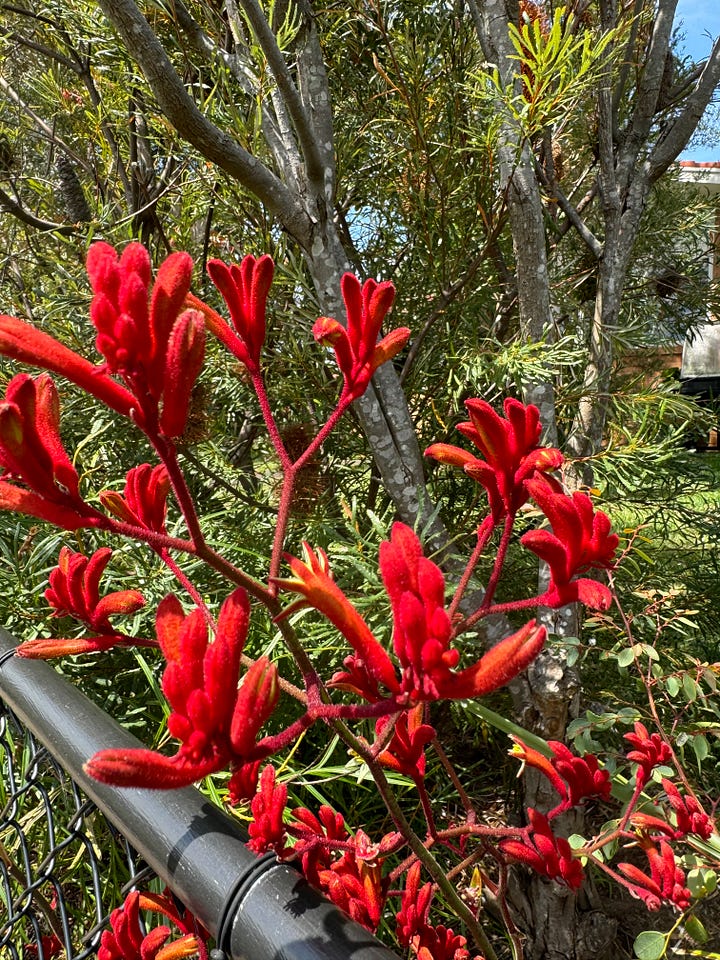
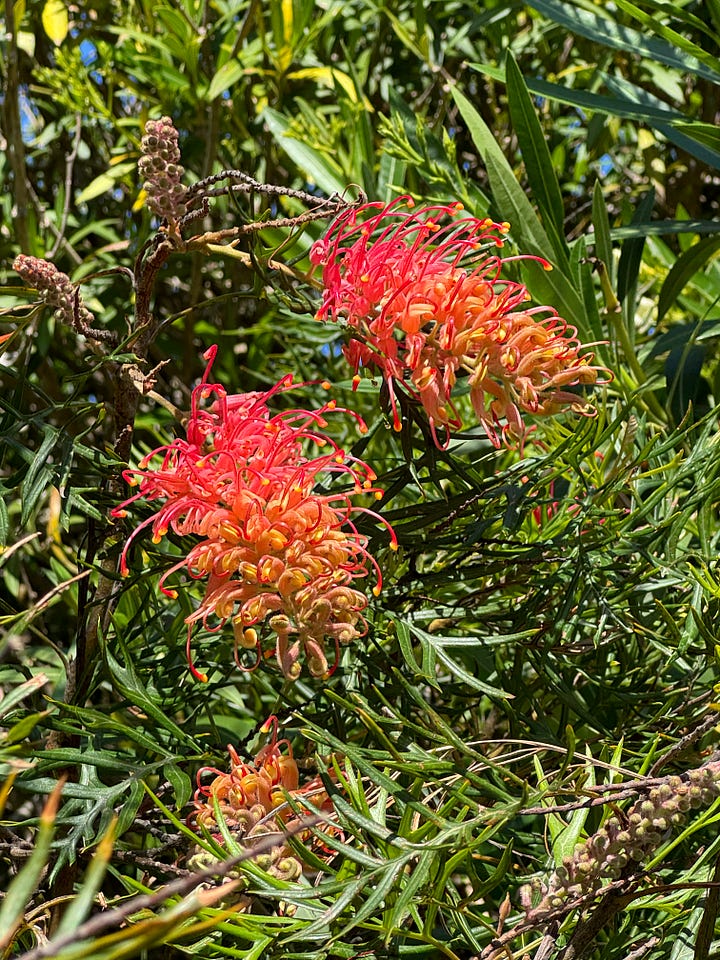
Back here in Seattle the brilliant reds and yellows and golds were not flowers but leaves that have all changed colour. Winter is coming and in the two weeks I was gone the temperatures have dropped and the days shortened. Yesterday I felt as though I was suffering from whiplash as I looked around at the same colours but in a different context.
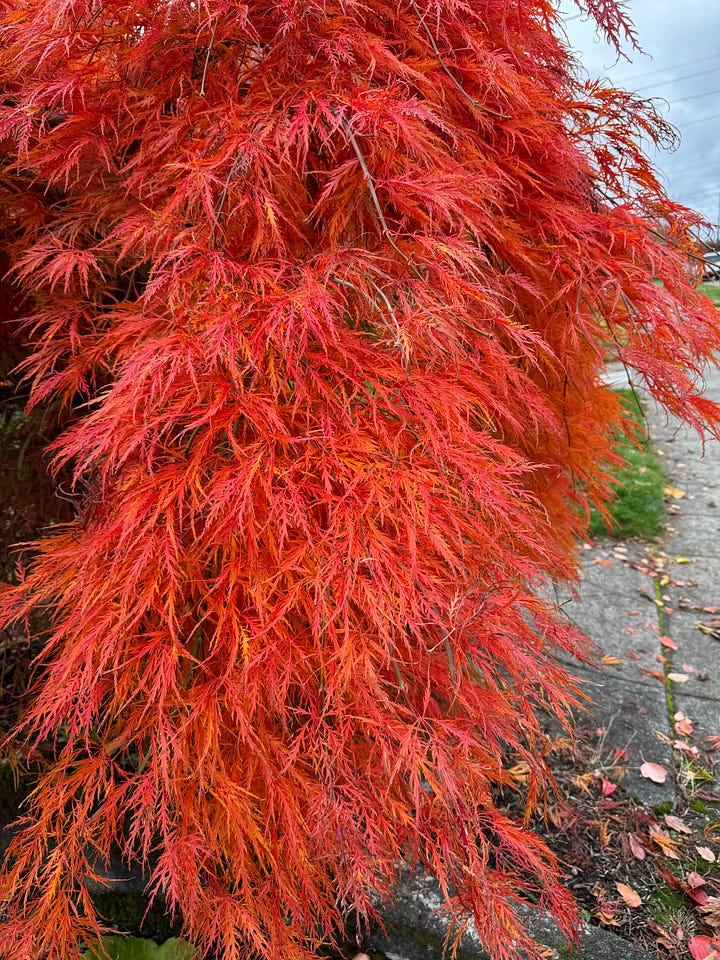
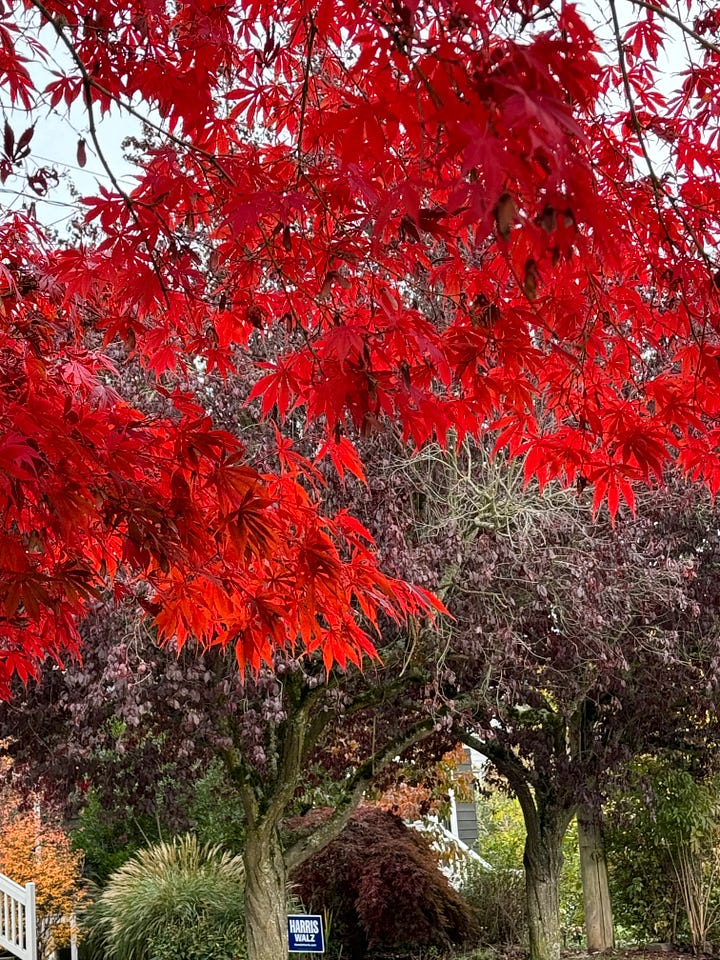
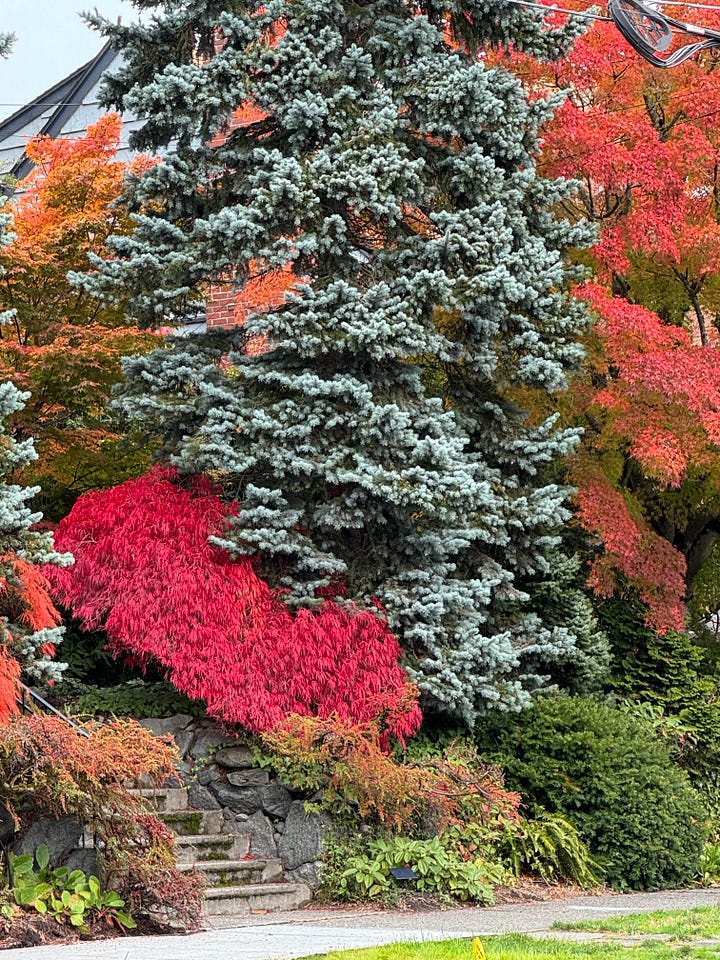

Strategies to overcome jet lag include maximising your exposure to daylight to 'reset' your body clock, but that is much harder in the short days of winter when we are reluctant to go outside.
I am fascinated by the ways that changes in sunlight can affect our bodies and by the underlying circadian rhythm that determines these. Jet lag makes me aware of how amazing our God given circadian rhythm really is. It is incredible that we do adjust to time changes and seasonal changes, most of us with no long term effects.
The inbuilt rhythm that tells us to sleep at night and stay awake during the day is fantastic. Our bodies are made to be versatile, and adaptable and often the things that disrupt these rhythms are human inventions that we feel make life better even though they play havoc with God’s intended rhythms for our lives. Electric lights and computer screens with their bright artificial lights can disrupt our circadian rhythm as much as travel can. I often think that we are meant take advantage of the long winter nights and sleep more, especially as our bodies usually feel more sluggish and draggy during the winter.
Part of what the need to adapt to a different time zone made me aware of during this trip is that I need to take time as the days shorten and my energy wanes, to reevaluate how I should spend my days. Winter says slow down. Winter says take a rest. Winter says retreat and relax. I just need to make sure that I respond.





I too love watching the changes in the season. The oak tree that was planted central reservation between the two carriageway has no leaves at all. A couple of trees further down the road are still holding onto some of their leaves one is a beautiful red